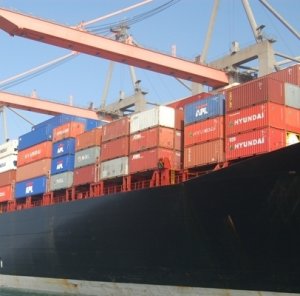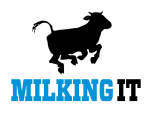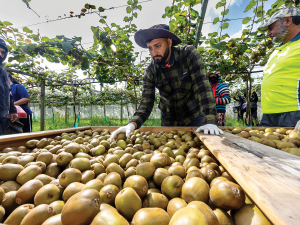Grey clouds still hang over the global economy, says Rabobank in its July Agribusiness review for New Zealand and Australia.
Measures announced at a European Union summit held in June to combat the debt crisis brought some calm to global markets. However, it was not sufficient enough to counter a run of weak economic data releases.
China, the eurozone and United Kingdom (UK) have all loosened monetary policy in a bid to stimulate growth. The Reserve Bank of Australia (RBA) held the official cash rate steady at the latest meeting preferring to monitor the subdued international outlook, a trend mirrored in New Zealand.
Currency markets will remain sensitive to sudden shifts in global risk sentiment.
Weatherwise in New Zealand, June was abnormally dry in many parts of North Island, with the some areas experiencing the driest June on record.
In contrast, it was extremely wet in parts of the South Island, where rainfall was twice the normal levels for June.
Local beef prices improved through June for both New Zealand and Australian producers. Latest trade figures for both sectors show that the respective strong currencies against the USD have negatively impacted export competitiveness, with trade volumes down year-to-date.
Dairy commodity prices showed some signs of steadiness through June. Global markets are continuing to try and absorb exceptional production volumes trough recent seasonal flushes by the key regions. While evidence continues to mount that the market has reached a bottom, any meaningful recovery is still unlikely short-term.
Global fertiliser markets are in period of transition. A shift from the Northern Hemisphere spring planting program to key planting cycle in the Asia and South America is underway. This has seen markets remain relatively steady with trading activity seasonally low.
Global wheat markets staged a strong rally in June, driven by a surfacing of supply side risks to production of some key crops. Escalating concerns about corn and soybean crops in the US supported prices with hot and dry conditions threatening yield potential. Rabobank's latest forecast for Australia's 2012/13 wheat crop is 24.5 million tonne.



















